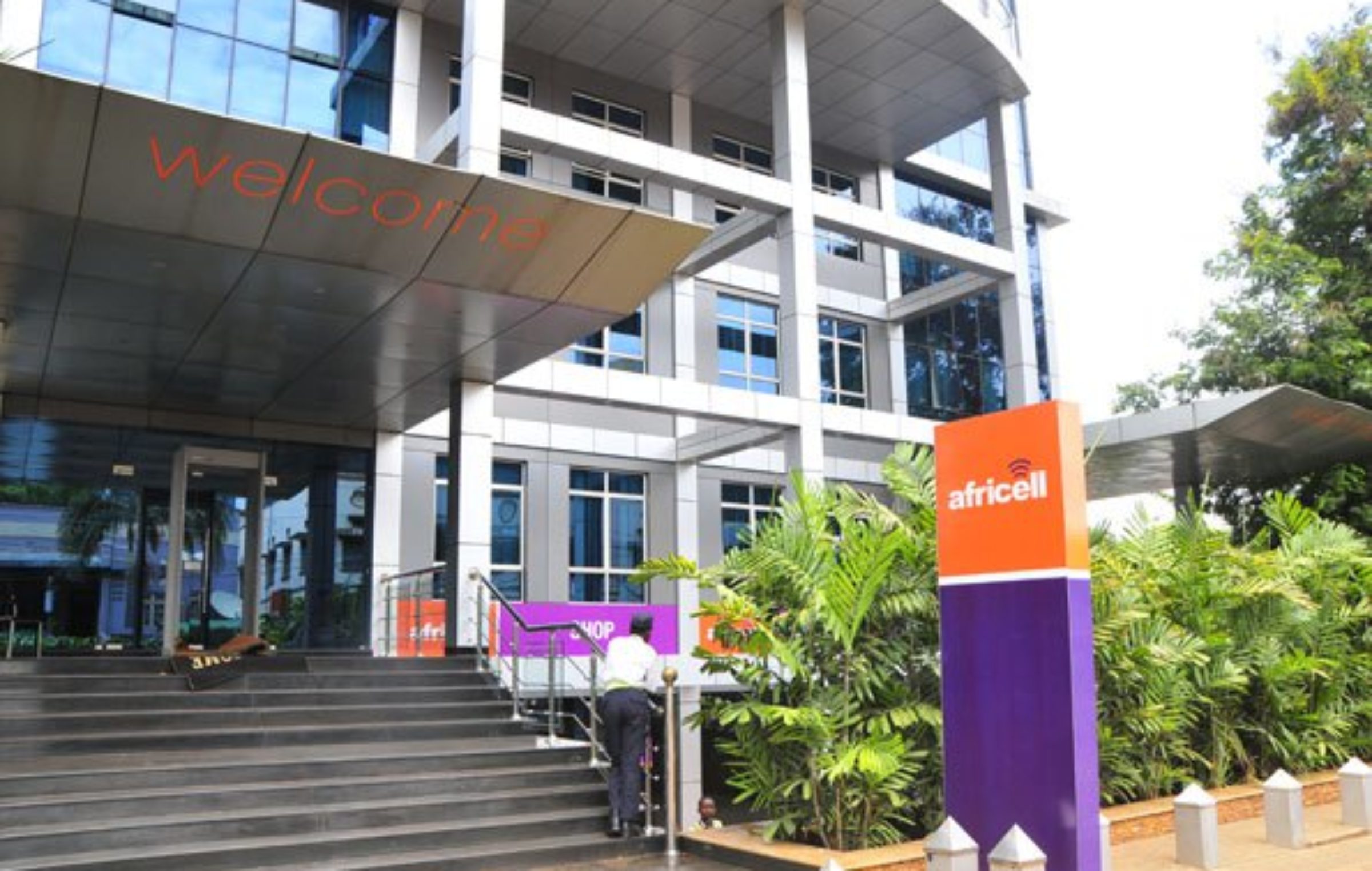Here Is Why Africell Is Planning To Invest $100 Million In Fintechs
Fintech is where the money is. Africa’s fintech companies have raised $320 million in funding since January 2015 and the ecosystem has surged 60% in the last two years. Africell understands these statistics and is willing to use its wide reach to give it a shot. With $100 million funding from the OPIC, the US government’s private investment fund, the African telecom company is more than ready to continue the disruption game.
Here Is The Deal
- The Uganda-headquartered Africell’s new funding is more than $100 million and part of this would be used by the company to expand access to telecommunications in Africa.
- The countries Africell is targeting are Uganda, DRC, Gambia and Sierra Leone.
- Apart from this $100 million funding, Africell has set aside $300 million to spend on a new market like Angola within the first year of commencing business if they secured a license.
- Africell would bid to become the fourth operator in Angola, which was expected to reissue a tender in the next two months after the original tender for the license was annulled in April.
- A larger part of the $100 million would be spent on fintech.

- The unbanked population is what Africell is targeting here.
- Global fintech funding rose to $111.8 billion in 2018, up 120 percent from $50.8B in 2017 and that is a huge opportunity Africell is hoping to tap into.
- To make this happen, Africell is looking at expanding its fintech services, such as mobile payments, micro-insurance, and micro-finance.
- Mobile money payments, pioneered in Kenya, have expanded rapidly in other African nations where many people do not have bank accounts.
- The 18-year-old company has 15 million subscribers across its four African operations.

The Game Is In Competing Profitably And Not Just Expanding
“We are looking only at markets where we can make a difference,” said Africell founder and chief executive Ziad Dalloul indicating this included Angola and Zimbabwe.
He said Angola was attractive because the country’s state-owned Angola Telecom had a large market share that could be vulnerable to a more aggressive private operator like Africell.
“Day one, we can just change the whole thing…drop market prices, expand into rural areas, provide faster, better service on internet. These are the things we know how to do. So that’s why we are keeping an eye on Angola,” he said.
And Africell Is Turning Its Eyes On Fintech For Reasons More Business Than Charitable
“No space has quite the potential impact of the fintech space when it comes to impact — and profits — in Africa, with startups operating such platforms able to significantly address the major issue of financial exclusion on the continent and thus promote development in all sorts of other areas,” says Disrupt Africa co-founder Tom Jackson.

Nigeria led the investments in 2018 with 58 startups raising $94,9 million, followed by South Africa with 40 businesses that raised $59,9 million, and Kenya was third.
Fintech investment was still the most popular, bringing in 39.7% of total funds “South Africa, Nigeria and Kenya remain the main three markets, with 141, 101 and 78 active ventures respectively, accounting for 65.2% of Africa’s fintech startups,” Jackson says.
US fintech investment for 2018 more than doubled to $52.5B, from $24B in 2017, across a record 1,061 deals.
Charles Rapulu Udoh

Charles Rapulu Udoh is a Lagos-based Lawyer with special focus on Business Law, Intellectual Property Rights, Entertainment and Technology Law. He is also an award-winning writer. Working for notable organizations so far has exposed him to some of industry best practices in business, finance strategies, law, dispute resolution, and data analytics both in Nigeria and across the world.

